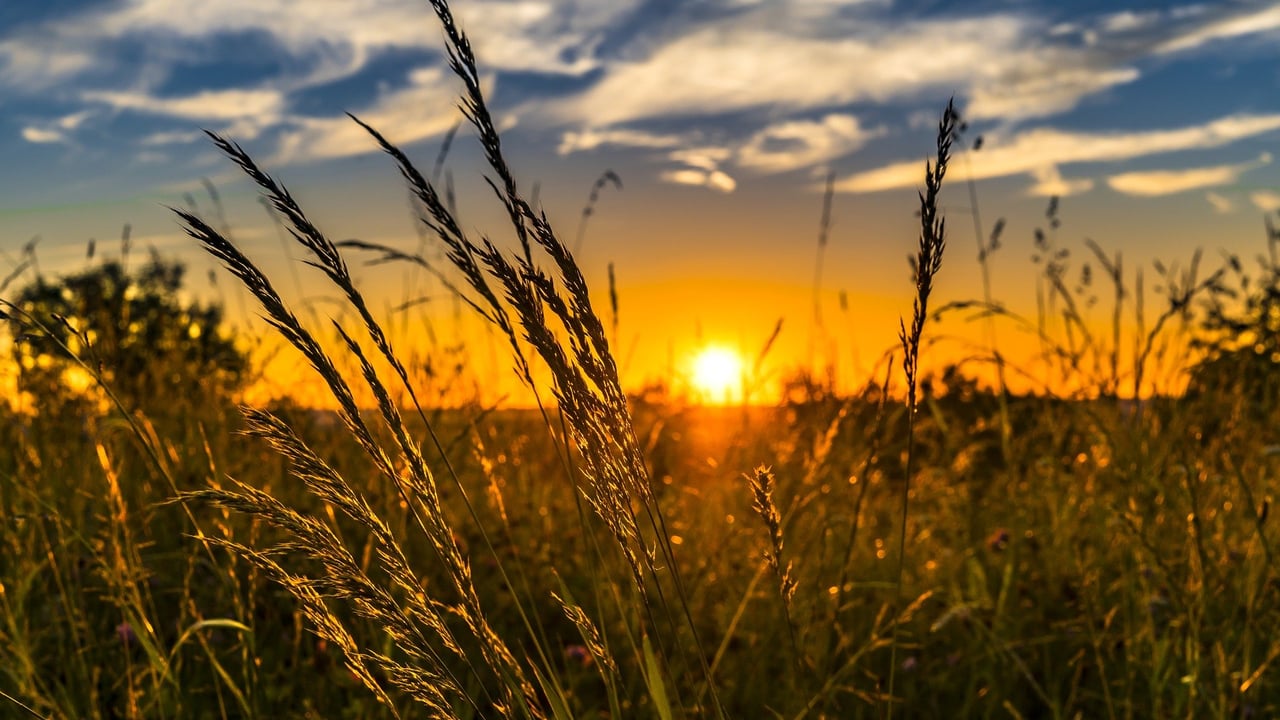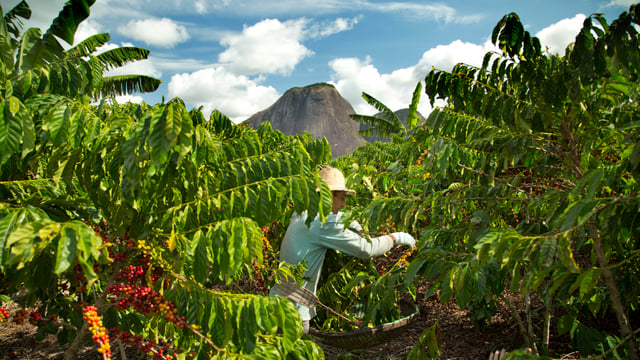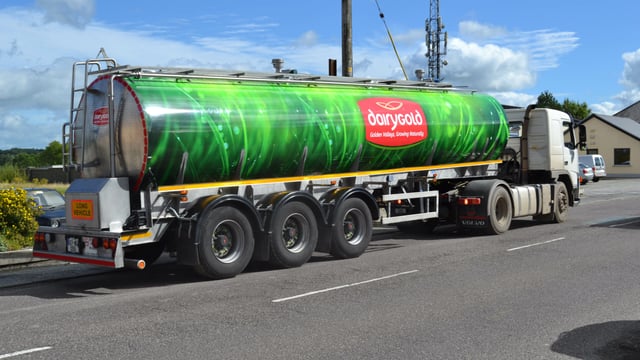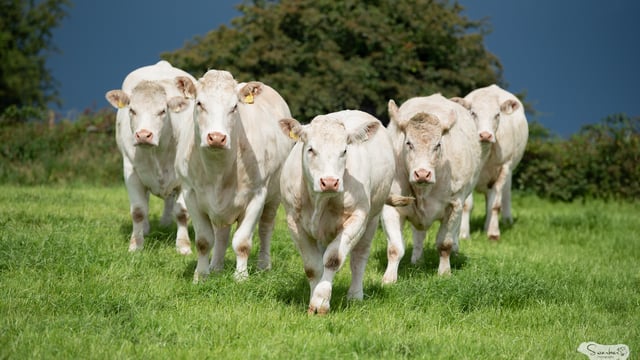Agriculture 'most contentious area of just transition'
Minister for Environment and Climate Eamon Ryan believes agriculture to be the "most contentious area of just transition".
Speaking in the Dáil this week, the Green Party leader said that he is "firmly of the view that we need to start paying a new generation of young farmers and foresters to be part of this transition".
Labour's Ivana Bacik, who was elected as a TD in the Dublin Bay South by-election during the summer, asked the minister what steps he plans to take to ensure that Ireland will have a just transition towards meeting emissions reduction goals.
The minister replied:
"Social justice must be achieved in the wake of addressing the ecological crisis. There are so many different parts to that. The midlands is our first example of determining how to transition a community in genuinely difficult circumstances.
"We have to switch off the extraction of peat and the use of peat in power generation and other areas and create alternative employment.
"Those are the same people, using the same skills, who were previously involved in peat extraction."
The minister said that "as we pay for nature-based solutions", the benefits "will fall to the poorer areas of our country, which often are more regional and rural areas distant from the major cities".
"The climate response is going to require massive investment and redistribution, as it were, through carbon taxing and other measures, including via the Common Agricultural Policy [CAP], whereby we invest in those areas for the restoration and protection of nature as part of our climate adaptation and mitigation strategy.
"That will be a part of our just transition," the minister added.
Speaking to Agriland earlier this week as the Green Party met in Dundrum for its think-in, Minister Ryan said there is "radical" change on the way for agriculture in the forthcoming carbon budgets and Climate Action Bill.
He feels a key focus for farmers should be understanding the potential of multi-species swards.
"It's a deep-rooted system, so it's much more climate resilient, either in a flood situation or a drought situation; it [has], in my understanding, a much better outcome for animals and, also, [it's] much better for biodiversity," the minister said.
The minister added that the changes that will need to made "are not small - but they're positive".
"By being radically green, we get a premium," the minister said.





